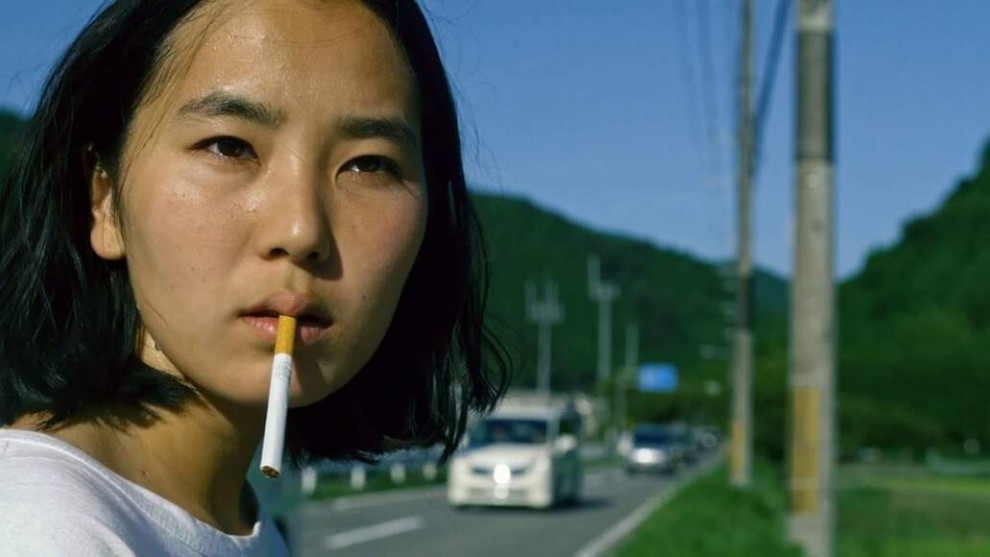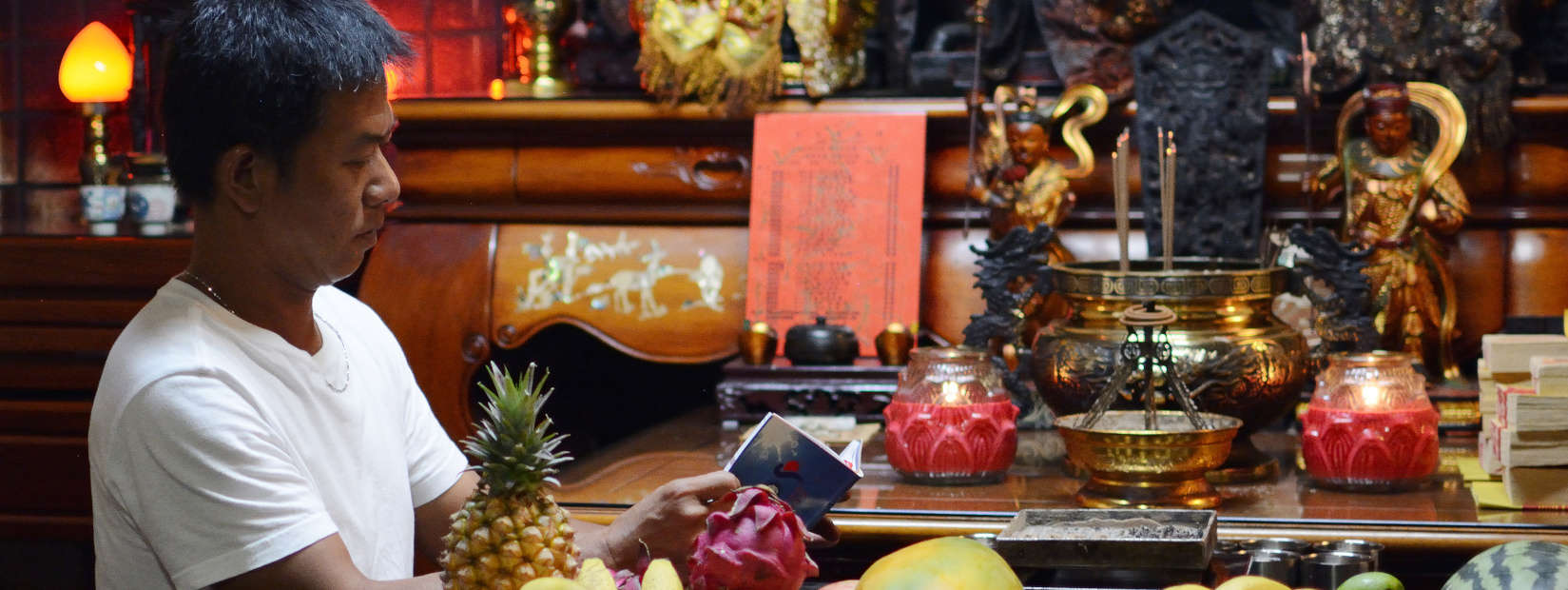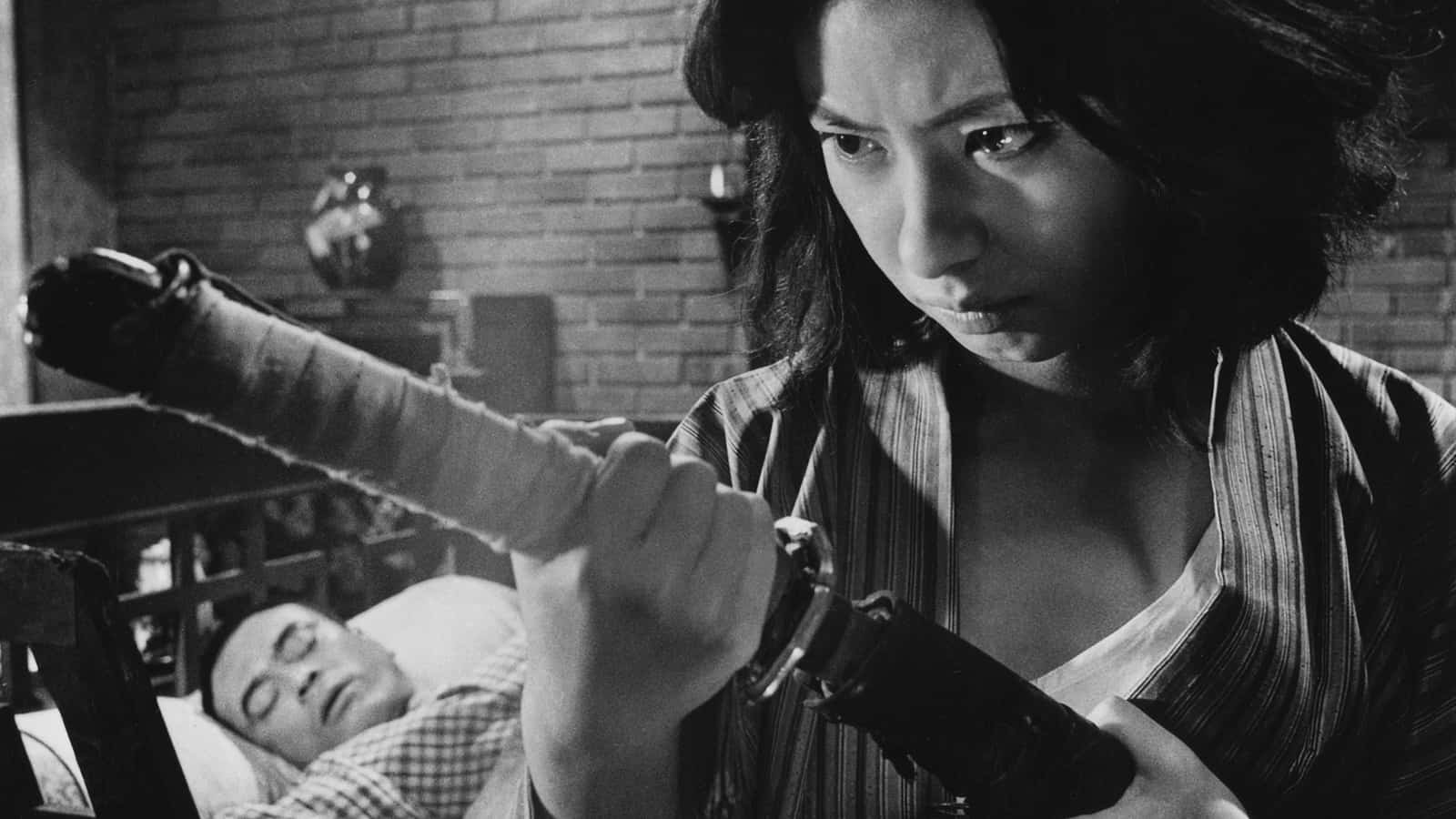First features are becoming more and more accomplished and sophisticated, due to generous fundings, nurturing institutions, excellent film academies and the mentoring of big stars. To mention only few, we were recently blessed by ”Still Human”, “The Third Wife”, and “House of Hummingbird”.
However, it is very refreshing to come across a film that it's genuinely young at heart, not just because is directed by a young woman of 25 (and looking 16), but because it is rough around the edges, and at the same time raw, impulsive, unapologetic, and daring. With her “Orphan's Blues”, Riho Kudo won the Grand Prize at the latest edition of the Pia Film Festival (PFF), a festival launched in 1977 in Tokyo and dedicated to nurture young, promising film directors.
“Orphan's Blues” is screening at Japan Cuts 2019

The film focuses on Emma (Yukino Murakami) a lonely and energetic chain-smoking young woman who sells books on the road-side for a living. We follow her, clumsily going through her day; she is forgetful and a bit inept, and soon we realise her absent-mindedness is not just a trait of her character but a pathological and progressive memory loss. She relies on a series of notebooks to remember things, and the walls of her modest house are covered in sticky notes; a graveyard of thoughts, people and actions from a past that is inexorably fading away, melting in a perpetual present.
On the wall, hardly visible under the other notes, Emma spots a card from Yang, a childhood friend of the orphanage where they grew up, painted with beautiful watercolor elephants. Yang is a fading memory that Emma doesn't want to let go and suddenly decides to set off and look for the lost friend.

It's a suffocating hot summer and following the postal address on the card, Emma ends up in places she hardly recognises and finally, in a nightclub, she bumps into Van (Takuro Kamikawa), another orphanage friend and part of a once-inseparable trio with Yang and Emma. Van and his girlfriend Yuri (Nagiko Tsuji) are on their way to Tahiti but after a brief comical encounter with a Yakuza, they end up joining Emma in the search for Yang. The road trip takes them to an inn, where owner Luka (Tamaki Kubose) barely hides the elephants tattooed on her skin and tenant Aki (Sion Sasaki) self-medicates a deep-rooted pain. Their lives have, in different ways, crossed path with Yang and the secrets from a past that Emma doesn't know or doesn't remember will soon resurface, leading to an emotional climax.
Few times in the movie it's mentioned something Yang used to say; that when the elephants get sick and are about to die, they move away from the herd to march in solitude and wait for death, so that others don't have to see them dying. An elephant (also a symbol of memory) is dying in “Orphan's Blues” too; adolescence is expiring fast to leave room to adult life, Emma is loosing her identity in order to reaffirm it.

Set in a pre-millennium past, when cassette tapes still spun and phone boxes still made sense, “Orphan's Blues” is a harrowing allegory of generational discomfort and anxiety for a new era that bears only uncertainty. No adult figures populate the film, just a bunch of young deprived souls; some might be orphaned of parents, but all of them are orphaned of innocence and roots. They cope, they are each other's makeshift family as Van brushes Emma's teeth in a field, in one of the most tender scenes I have seen recently.
Emma's painful road trip to adulthood has a surreal quality that makes it even more symbolic and the feeling of displacement is beautifully rendered by details that nag you like a tiny pebble in your shoe; the sweltering summer, the foreign language in a nondescript Chinatown, the hyper-saturated colors, the cigarette always resting between Emma's lips, those silents and – worst of all – the truth.

Director Riho Kudo uses emotions and moods as a storytelling device where the narration leaves some opacity here and there. The story is lightly penciled, and then brought to life with vivid brush-strokes of intense emotions. Watching Emma fending off her derangement, worsening rapidly and going from concerned confusion to oblivious dementia is gut-wrenching. “Orphan's Blues” is a film that gets under your skin and Yukino Murakami really shines in Emma's role, giving a very physical performance with only sparse lines of dialogue.
First timer Riho Kudo has written and directed with great empathy and humanity an emotional road movie, unrefined at times and yet brimming with energy and ideas.













